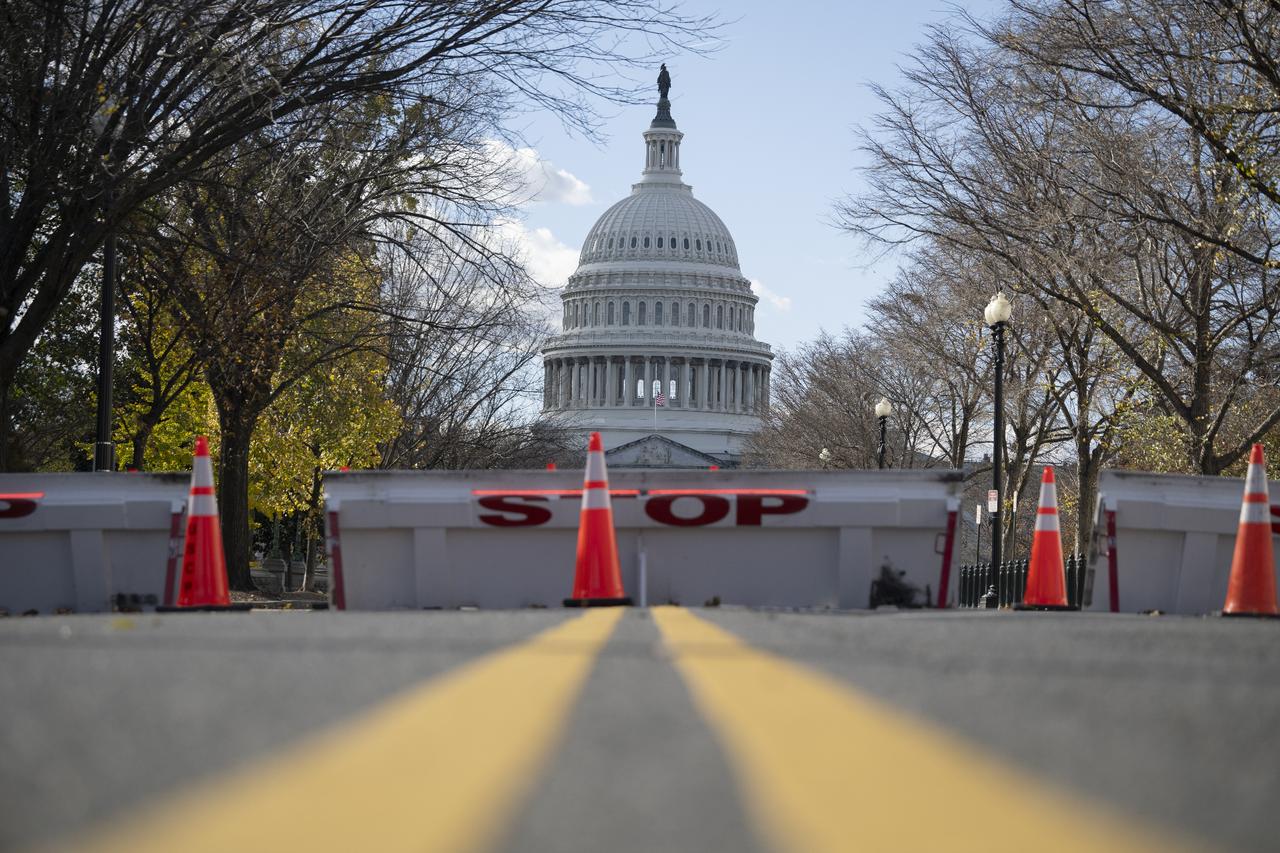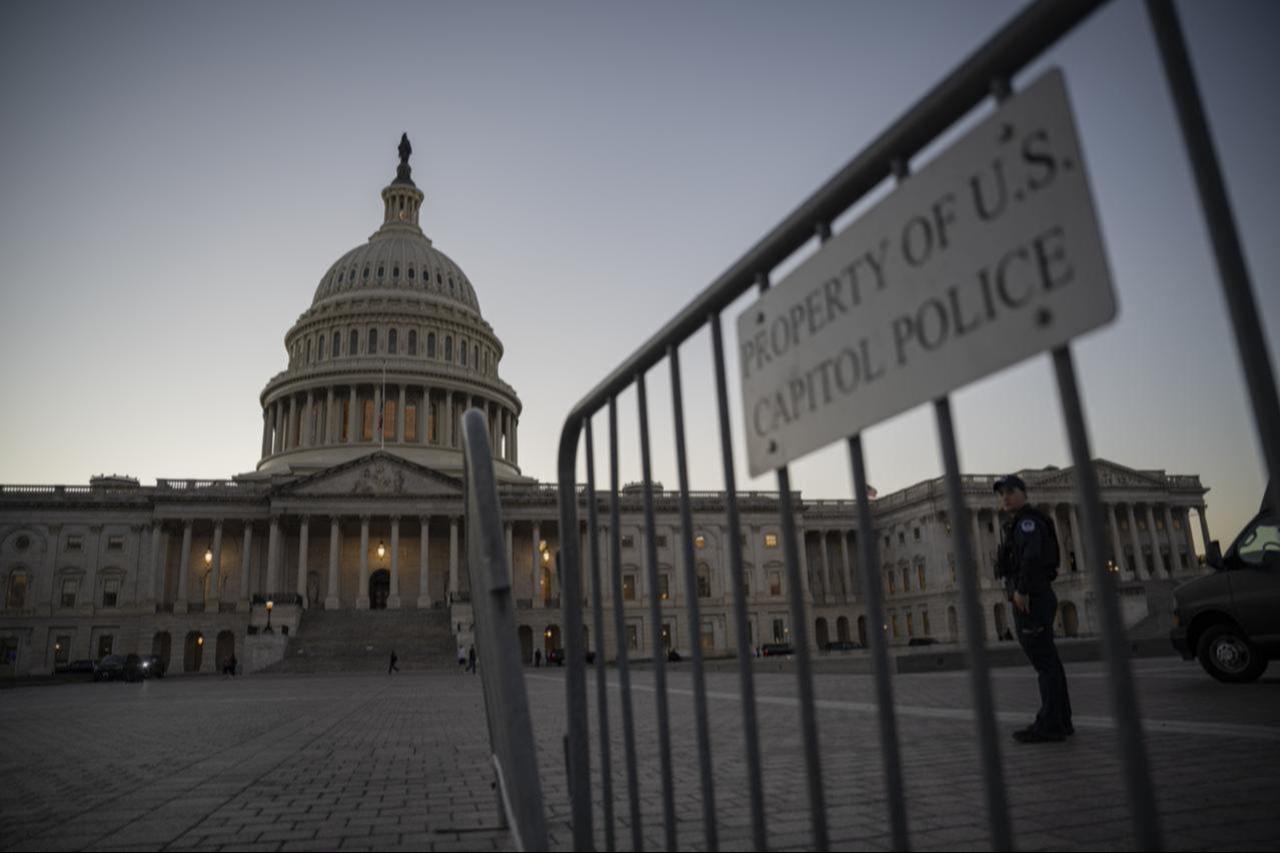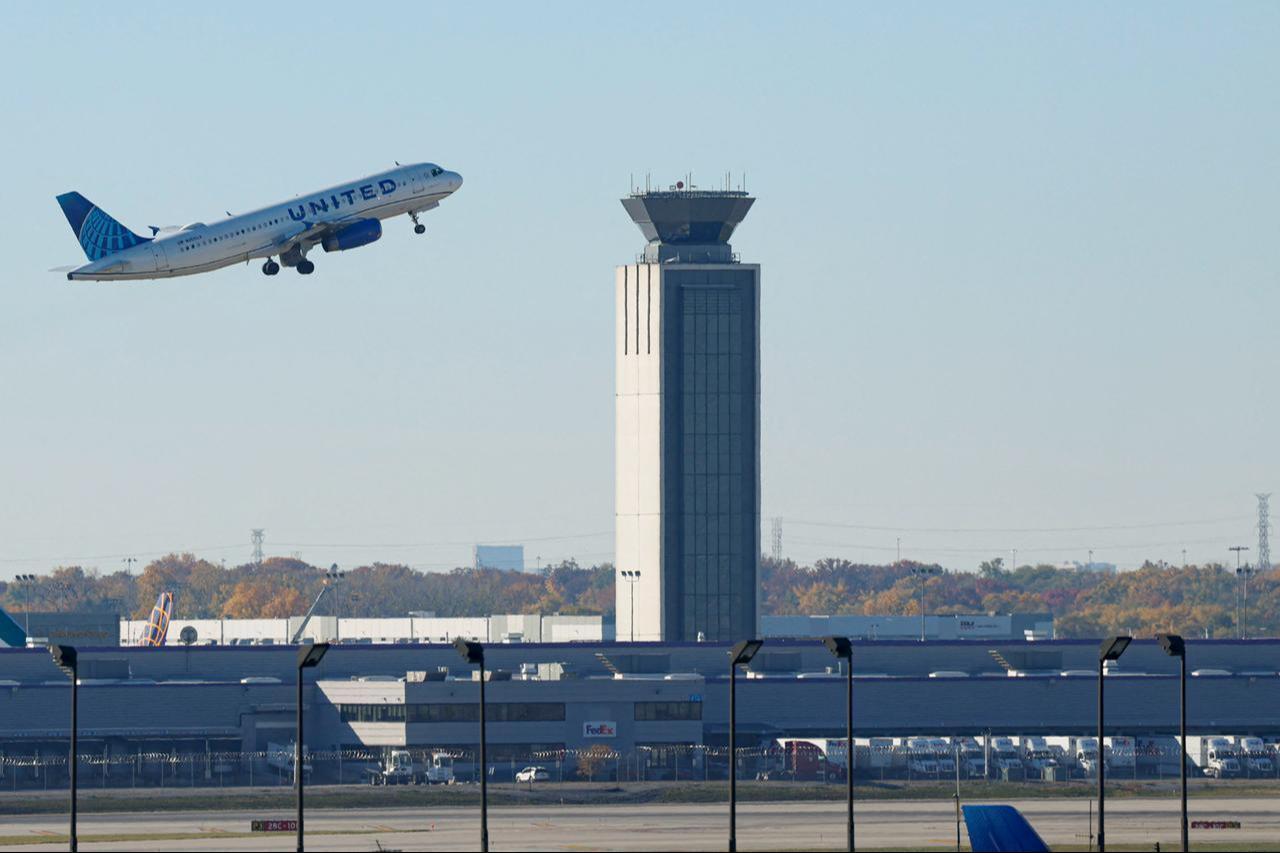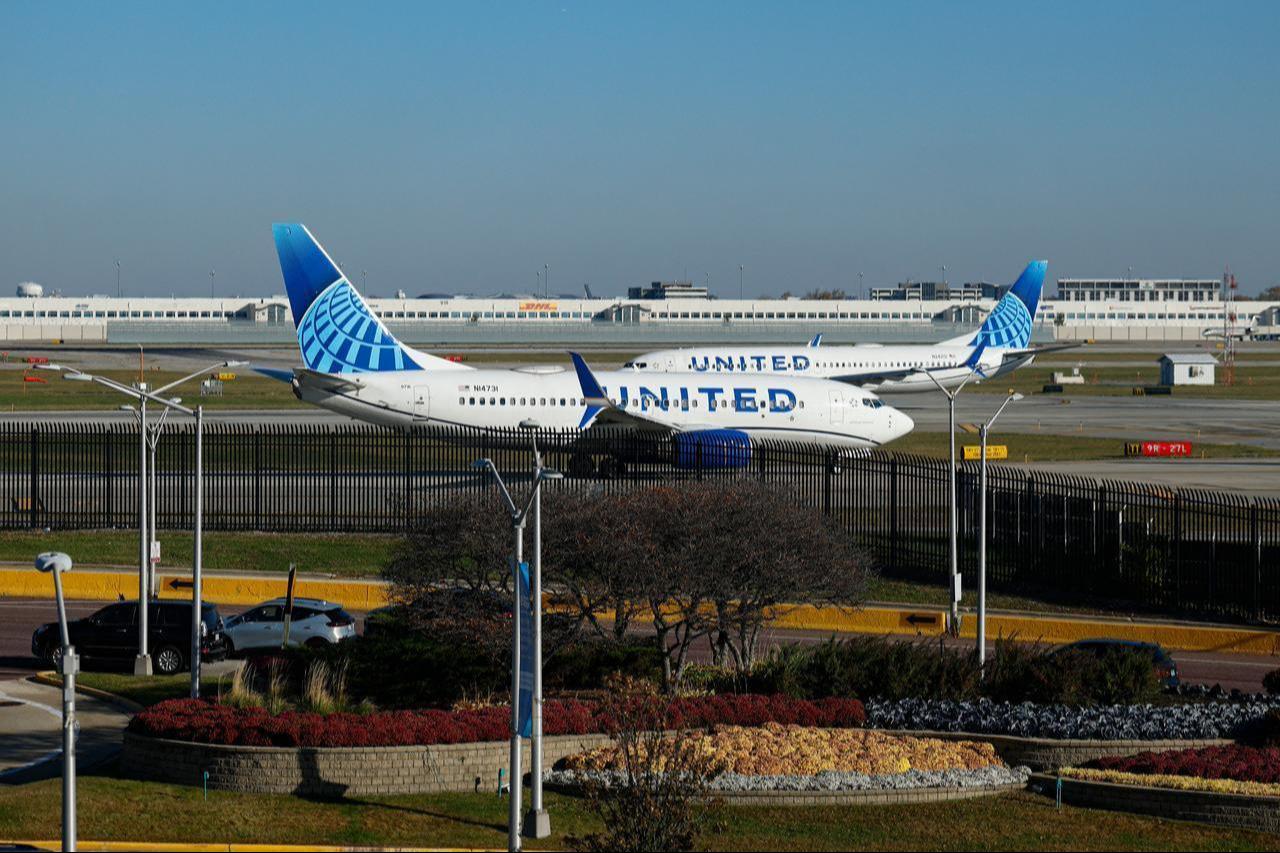
Airlines across the United States have increased flight reductions to 6% as the government shutdown enters its 42nd day, with officials expressing cautious optimism that operations could soon return to normal.
Transportation Secretary Sean Duffy said Tuesday that the cuts were raised by an additional 2%, bringing total cancellations to 6%.
“Some have asked, ‘When are you going to start rolling those back?’ The answer to that is, this has all been data based,” Duffy told reporters at Chicago O’Hare International Airport.

According to Reuters, nearly 1,200 flights were canceled on Tuesday, down from 2,400 on Monday, while nationwide delays dropped to around 1,700; the best performance recorded in recent days.
Last week, the Federal Aviation Administration (FAA) instructed airlines to cut daily flight schedules by 4% at 40 major airports beginning Nov. 7 due to staffing shortages among air traffic controllers.
Those reductions rose to 6% on Tuesday and were expected to reach 8% on Thursday and 10% on Friday, Nov. 14.
Duffy said discussions were ongoing between airlines and the FAA on how to phase out the cuts as the shutdown nears its anticipated resolution.
“When that data changes, we’re going to start taking that down from 6%, maybe we’ll go to four, two, and get back to normal air travel,” he said, noting that improvements depended on controllers returning to work.

The US government shutdown, which began Oct. 1 after a breakdown in budget negotiations, has forced thousands of federal employees, including 13,000 air traffic controllers and 50,000 Transportation Security Administration (TSA) agents, to work without pay.
The FAA currently faces a shortfall of around 3,500 air traffic controllers, many of whom were already working six-day weeks and mandatory overtime before the shutdown.
President Donald Trump warned Monday that air traffic controllers who refuse to return to work could face pay cuts, saying he would accept resignations from those not fulfilling duties.
Since the shutdown began, air traffic disruptions have led to tens of thousands of cancellations and delays, affecting an estimated 1.2 million passengers over the weekend alone.

The Senate passed a bill late Monday to fund the government through Jan. 30, while the House is expected to vote Wednesday. Duffy urged lawmakers to act swiftly to prevent further disruptions.
“Today looks better, and if the House does their work, tomorrow I think we’re well on our way to getting into more normal air travel, less delays and less cancellations,” he said.
He warned that without swift action, disruptions could worsen ahead of Thanksgiving, one of the busiest travel periods of the year. “As we come into Thanksgiving, this is a Super Bowl of air traffic controlling. It’s a massive movement of Americans,” Duffy said.